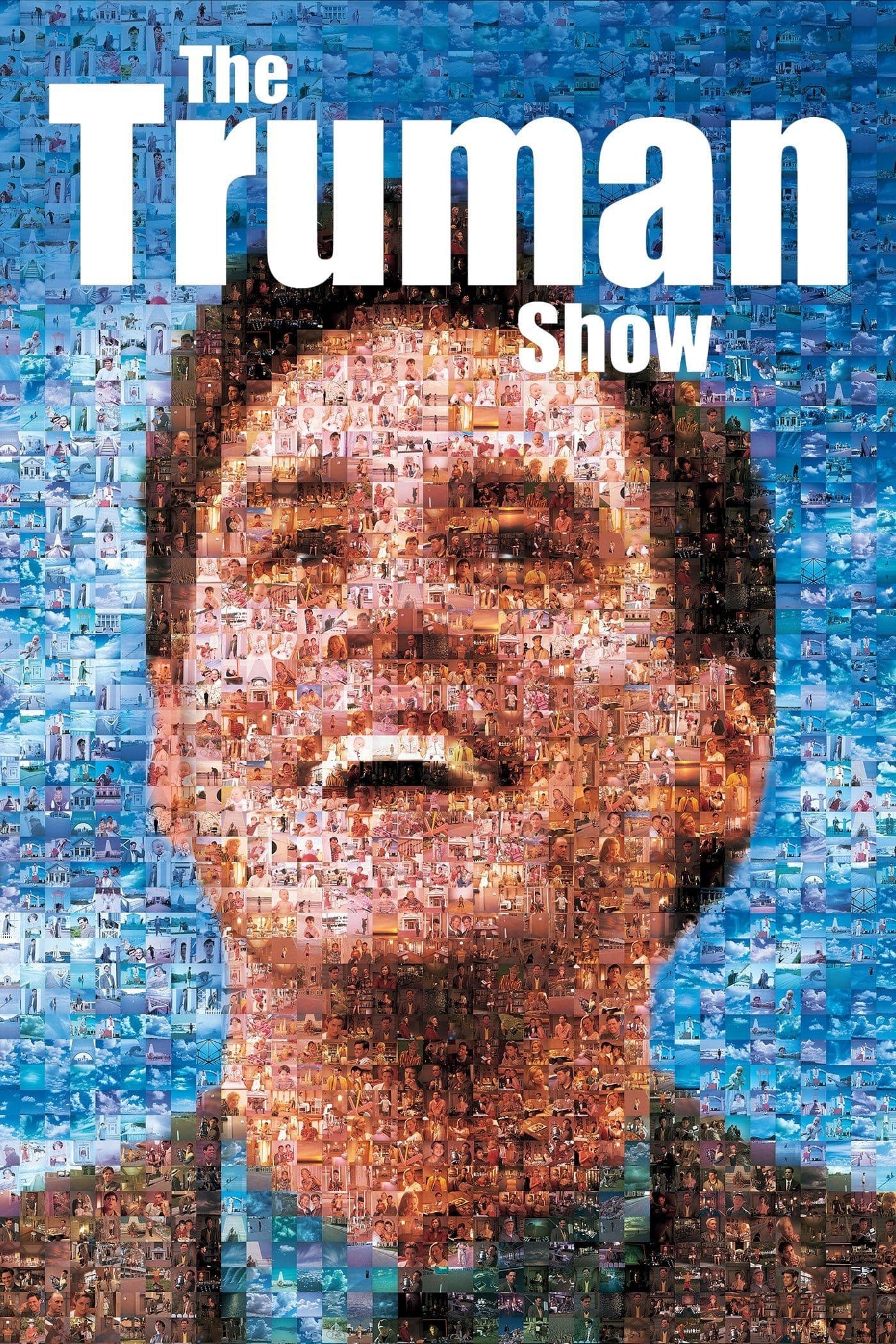
The Truman Show
1998
Rate this movie
Average: 5.00 / 5
(1 votes)
Director
From an idea by Andrew Niccol (to whom we also owe Gattaca), Peter Weir stages a reflection on reality and the mystifying nature it can assume around us. If Niccol, with Gattaca, had already explored the dystopian drifts of a society obsessed with genetic perfection and biocratic control, in The Truman Show he shifts his inquisitorial gaze to the tyranny of consent and the pervasive spectacularization of existence. Peter Weir, a master at investigating the unease hidden beneath the veneer of normality and at bringing out the exceptional in the ordinary – consider works like Dead Poets Society or Witness – proves to be the ideal director to embody this vision, imbuing the story with a sense of melancholic wonder and profound empathy for its unwitting protagonist.
Reality is fiction, in cinema as in life. A thesis, if you will, complex in its philosophical allusions, unraveled and presented in a compelling manner thanks to Niccol's splendid metaphor of a live show featuring a man whose life is reduced to mere spectacle. This descent into the abyss of perception, which the film orchestrates with the precision of a metaphysical clockmaker, directly connects to the ancient allegory of Plato's cave, where shadows on the wall are mistaken for reality itself. But it goes further, embracing Descartes' radical doubt about the deception of the senses and prefiguring, with unsettling lucidity, Jean Baudrillard's theories on simulation and hyperreality, where the sign precedes and even replaces the real, making it impossible to distinguish the authentic from the artificial. The Truman Show is not just a dystopian fable; it is a cinematic treatise on the era of technical reproducibility, a sharp analysis of how mass media can erect gilded prisons of illusion, making a man's life the epiphenomenon of a global audience. At the center of this titanic simulation is the demiurge, Christof, portrayed with chilling composure by Ed Harris, whose figure simultaneously evokes Orwell's Big Brother and a divine architect who has lost his humanity in the delusion of omnipotence. The control exercised by Christof is total and pervasive, a sinister echo of Foucault's panopticon, where the individual is constantly observed, even without knowing when or by whom. This architecture of power, invisible yet omnipresent, creates a sense of forced conformity, an illusion of freedom that, at the slightest crack, reveals its carceral nature.
Truman lives his peaceful existence in a town where everyone knows him by name. He has a job, a best friend, a wife – in short, all the hallmarks of a normal life. The only problem is that this normal life doesn't actually exist, or rather, it exists thanks to a gigantic staging: the town is in fact a titanic television studio erected to broadcast Truman's life worldwide. Built with astonishing meticulousness, the Seahaven set, with its pastel houses and perpetually clear blue sky, represents the embodiment of a distilled and then contaminated American utopia, a prefabricated idyll that guarantees the audience a reassuring sense of control. Truman soon discovers the deception and heroically opposes a pre-packaged life. Truman's epiphany is not a single event, but a progressive unraveling of his bubble, punctuated by almost surreal anomalies: a spotlight falling from the painted blue sky, sudden localized rain on a single spot, radio interruptions revealing the plots of his life. Each anomaly is a warning, a crack in the façade, feeding his innate desire for authenticity and his growing suspicion. His final escape, an aquatic odyssey that leads him to the edges of the known world – or rather, the created one – becomes a vehement affirmation of individual dignity against all forms of predetermination. It is the pursuit of truth at the cost of the unknown, the rejection of a pre-packaged happiness in exchange for the dizzying height of an authentic existence, however uncertain. That final scene, in which Truman confronts his creator through a gigantic screen, is a moment of rare symbolic power, a duel between the will to be free and the temptation to remain in the comforting illusion.
The Truman Show is also a fierce metaphor for the consumer world and the predatory nature that corporate brands assume in all our lives: during family routines or intimate moments, the actors who populate Truman's surrogate life display advertised products like Corn Flakes, kitchen utensils, or beer, prominently positioning them in front of the camera, with a truly comical effect due to Truman's sincere astonishment. The most subtly corrosive aspect of this staging, however, reveals itself in its relentless commercial subtext. Niccol and Weir's ingenious insight was to transform every moment of Truman's life into a potential commercial, anticipating almost prophetically the era of influencer marketing and the commodification of personal experience. The actors who populate Seahaven not only play a role in Truman's life but also become unwitting spokespersons, transforming moments of family intimacy or conviviality into brazen showcases for mass-market products. The "cheesy" smile of Truman's wife as she exhibits a coffee grinder, or her monologue on the versatility of a kitchen set, are not mere comedic gags; they are pungent commentaries on the predatory nature of modern capitalism, capable of engulfing every aspect of existence, even the human soul, transforming it into a vehicle for profit. This fusion of narrative and advertising creates an alienating effect, a cognitive disturbance that forces us to reflect on how much our own perceptions are shaped, and sometimes distorted, by omnipresent commercial messages.
An intelligent, innovative, and deeply poignant film that makes us suddenly turn around to check that no one is finishing setting up a papier-mâché scenario behind us. Beyond its unquestionable originality, The Truman Show proved to be an extraordinarily prophetic film. Released in 1998, it predated by years the explosion of reality television shows, the obsession with digital surveillance, and the progressive blurring of lines between private life and public spectacle in the age of social media. Its interrogation of the nature of reality, the ethics of media manipulation, and the search for authenticity in an increasingly mediated world makes it not only a modern classic but also an indispensable lens for understanding the drifts of our time. It is a work that, years later, continues to resonate with disarming force, leaving us with the unsettling yet liberating question: what if we are the next Truman?
Genres
Country
Gallery
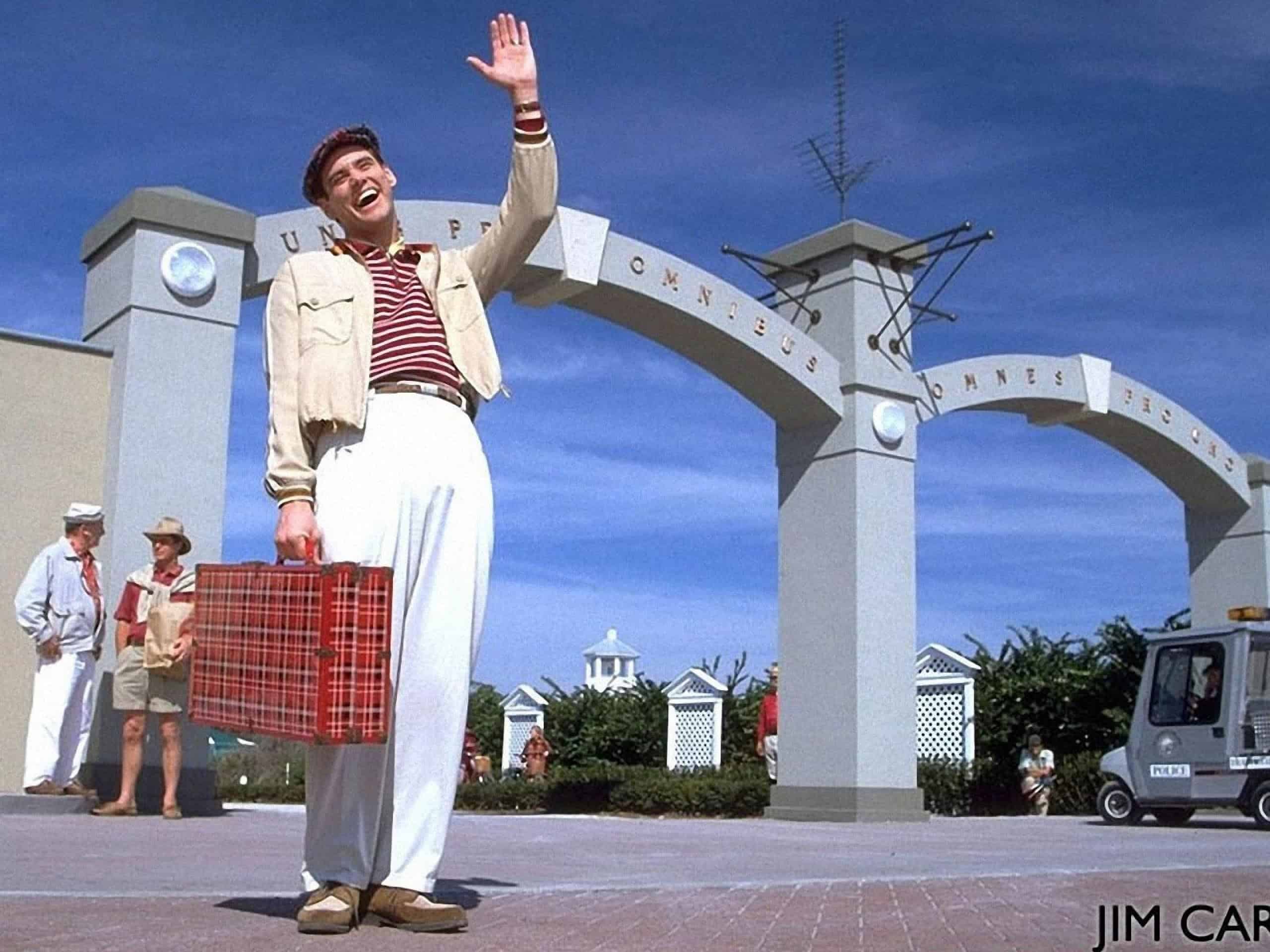
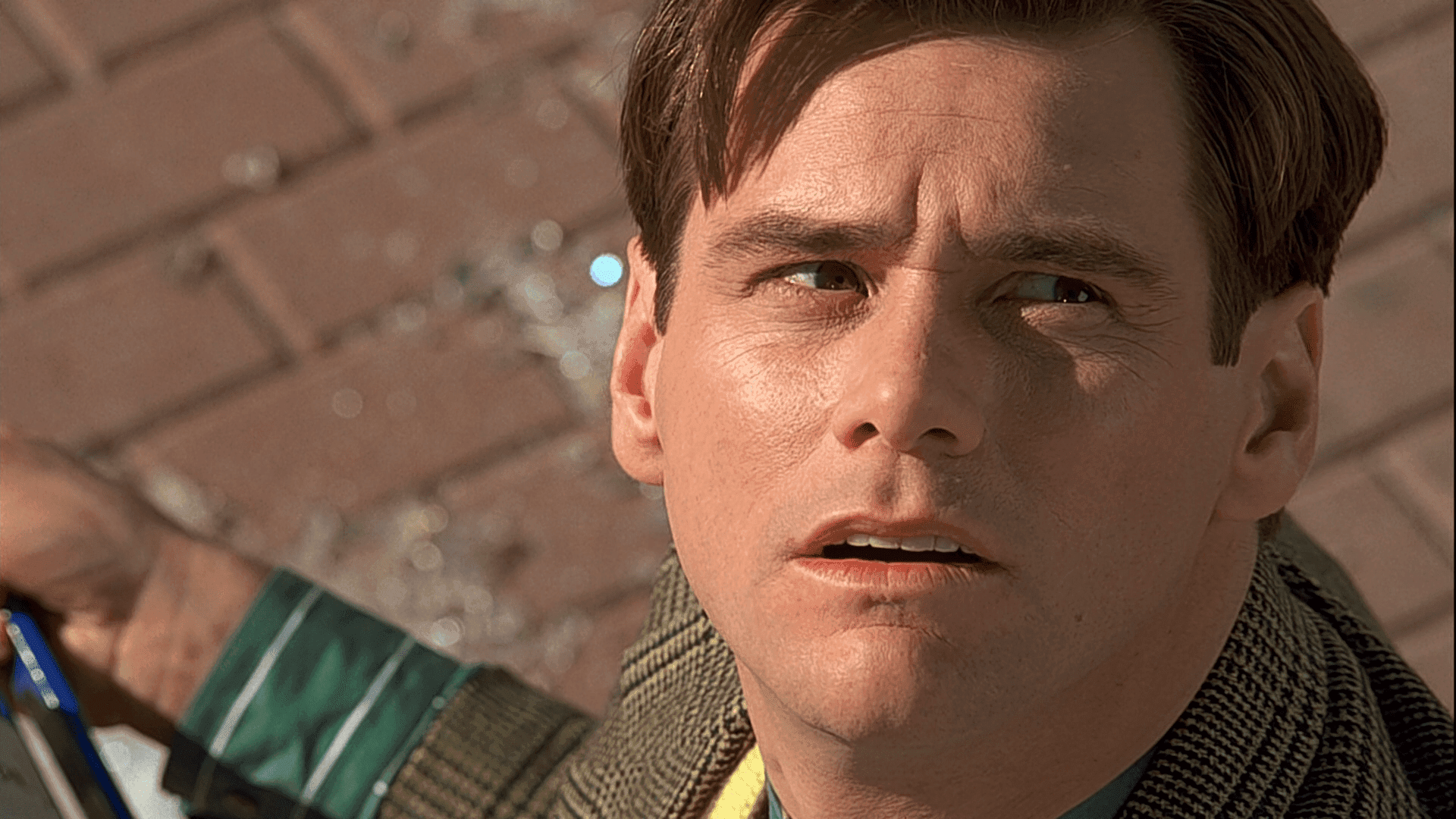

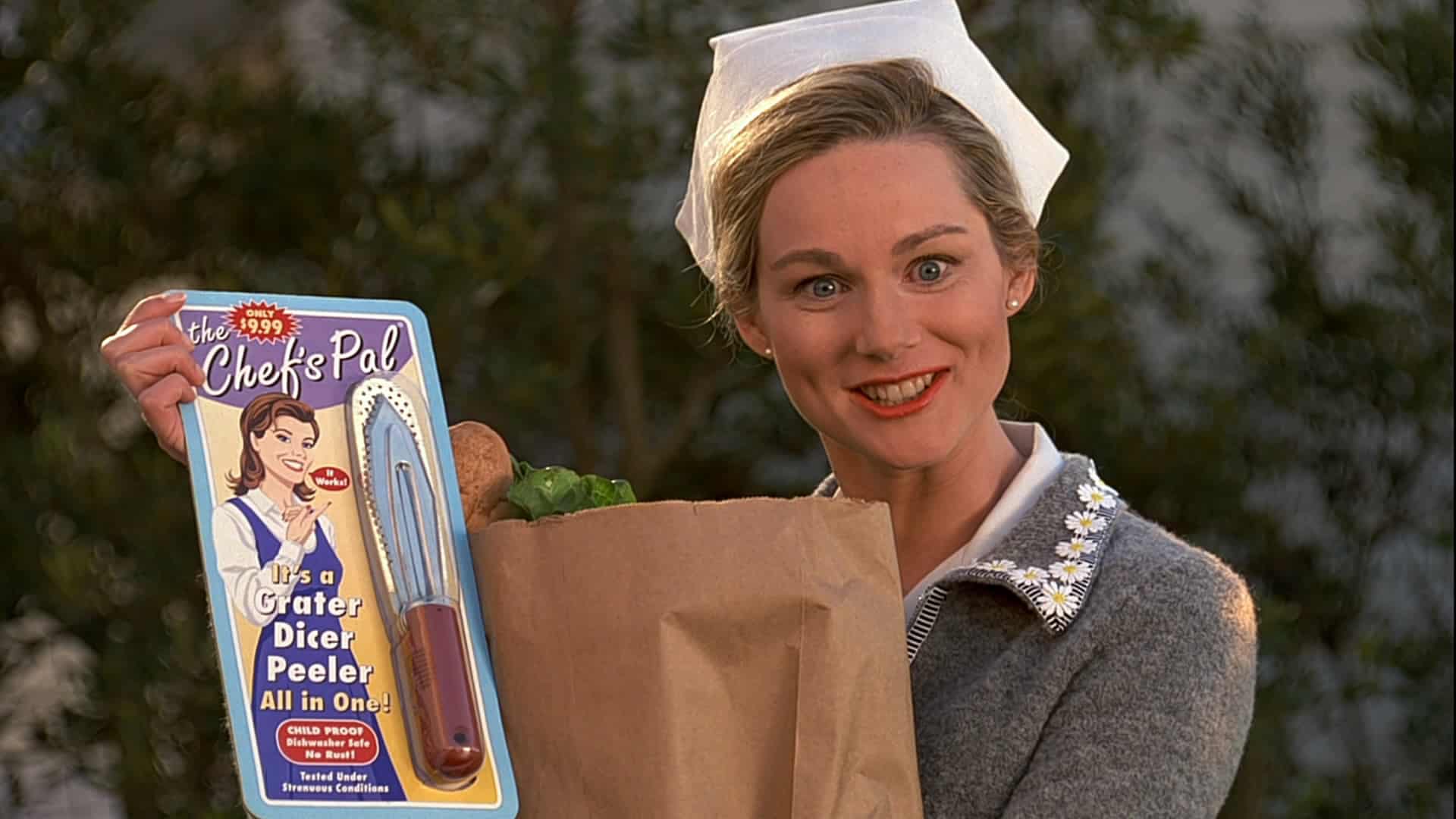
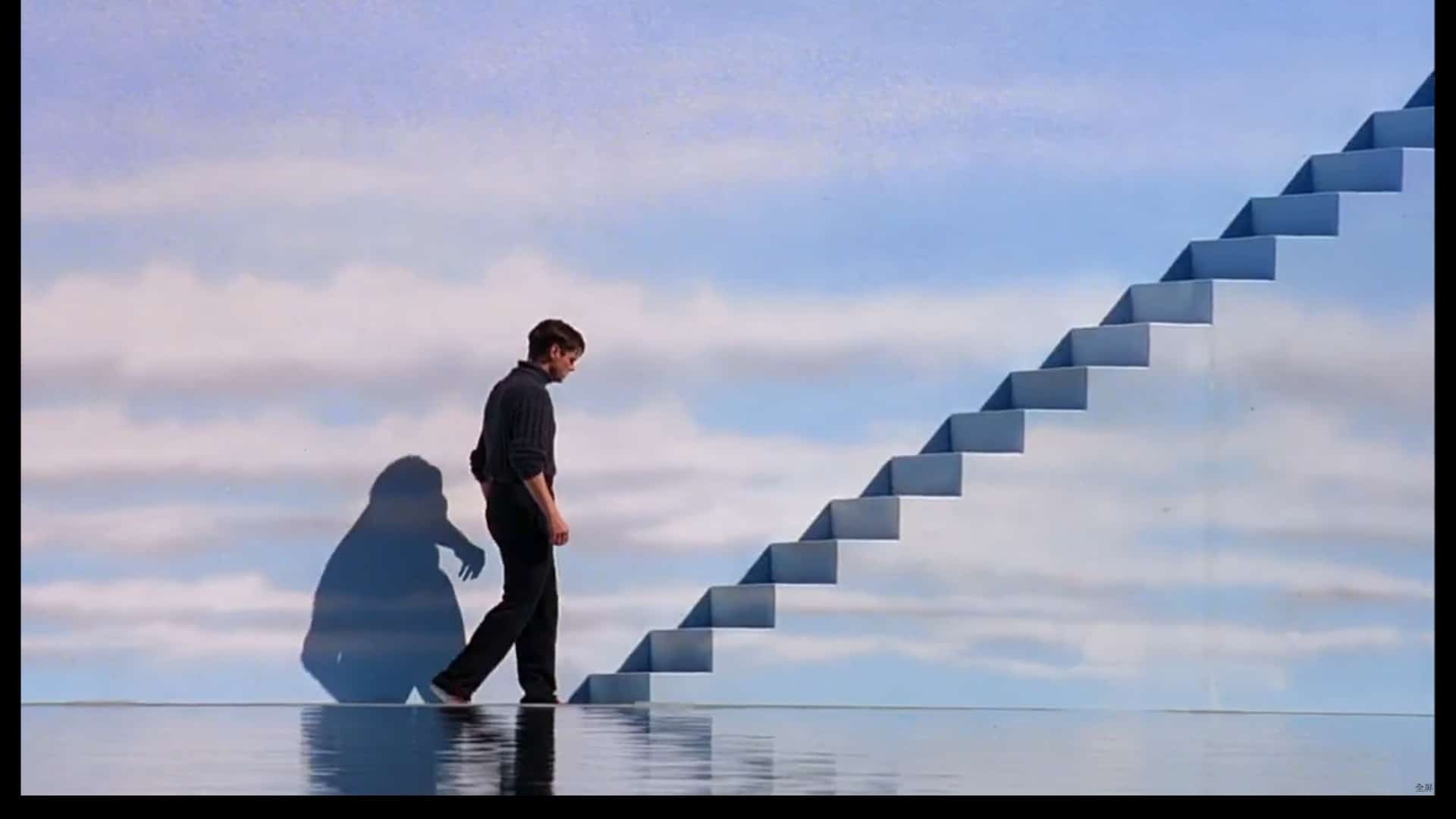
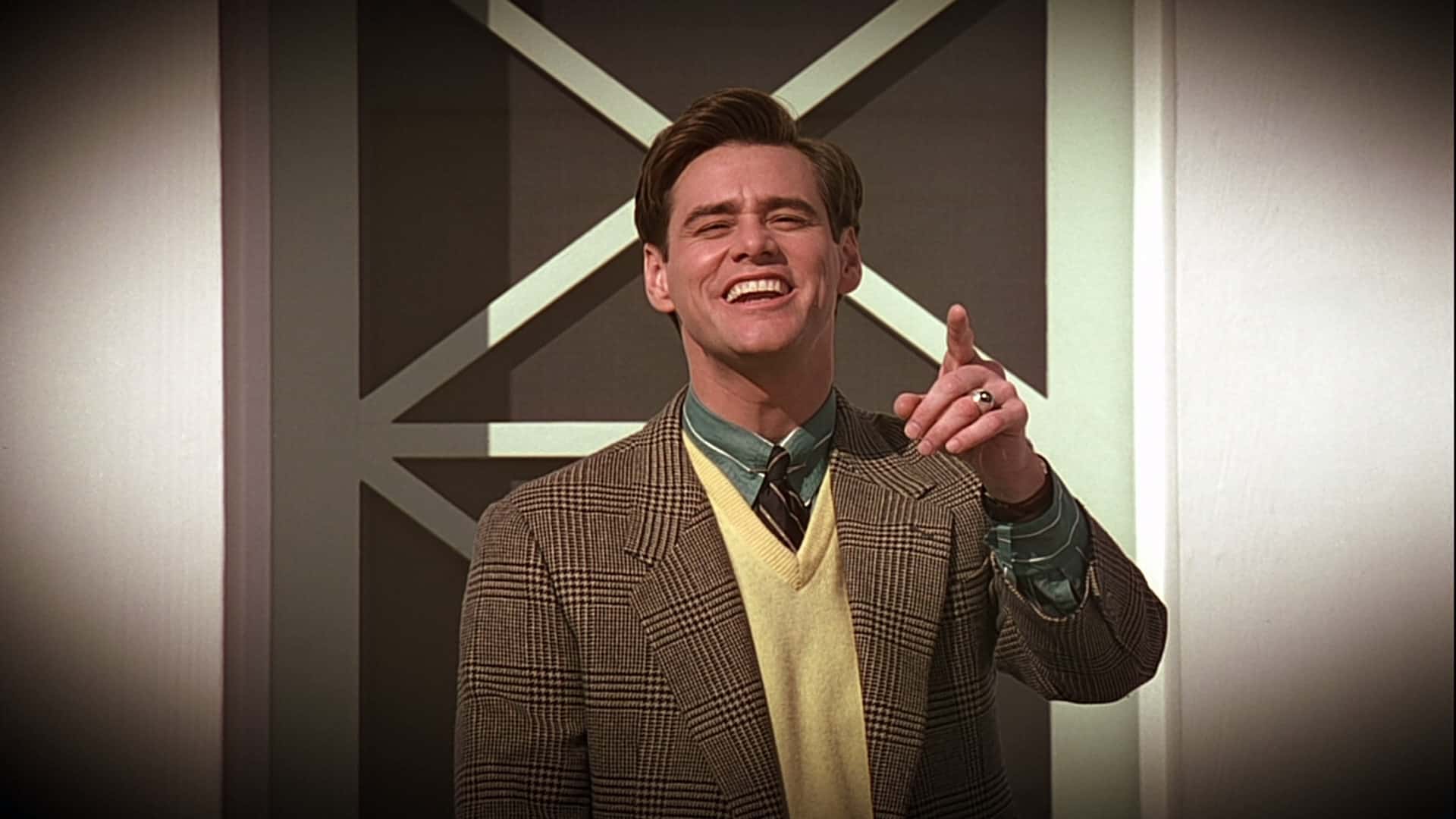
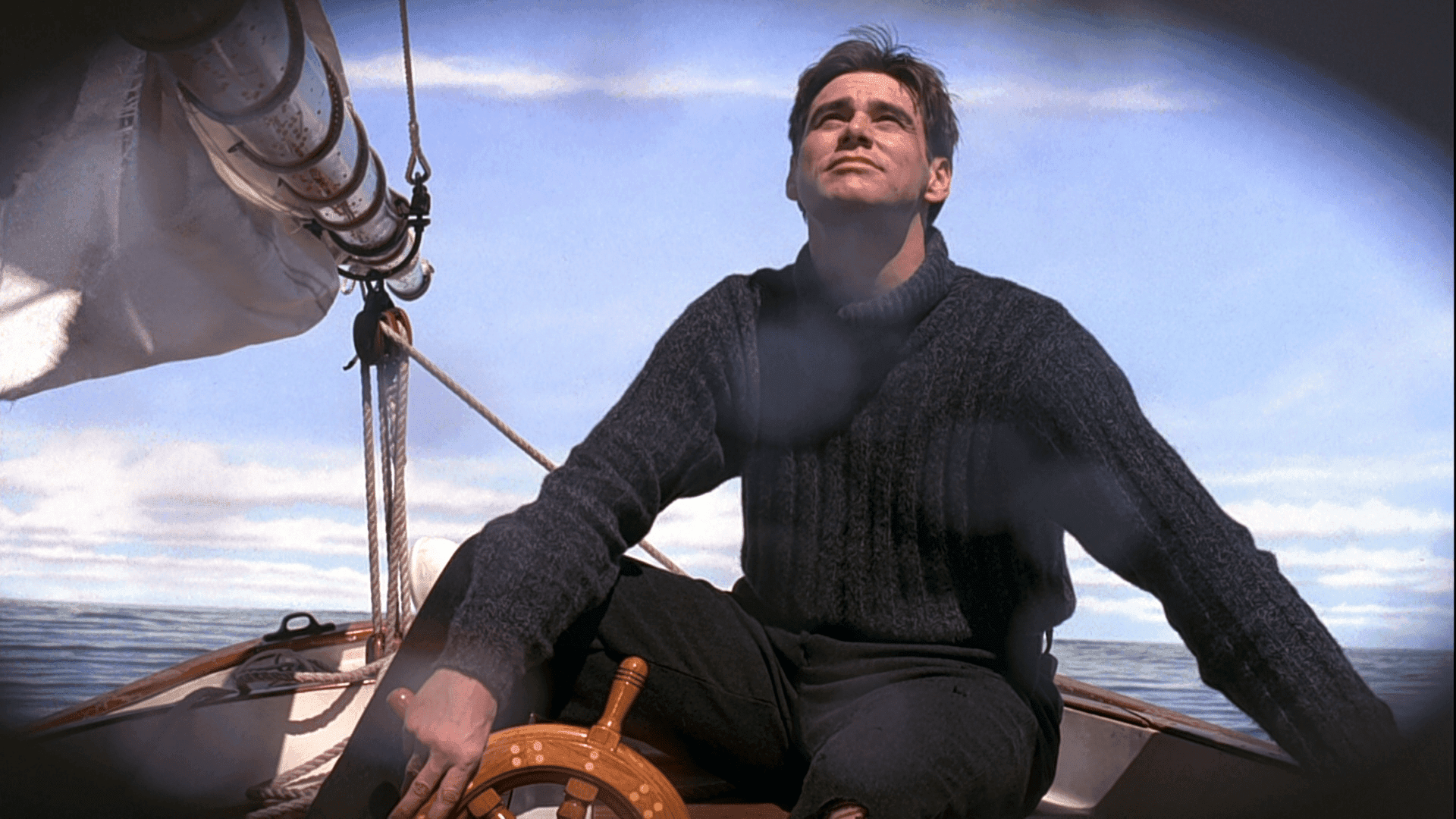
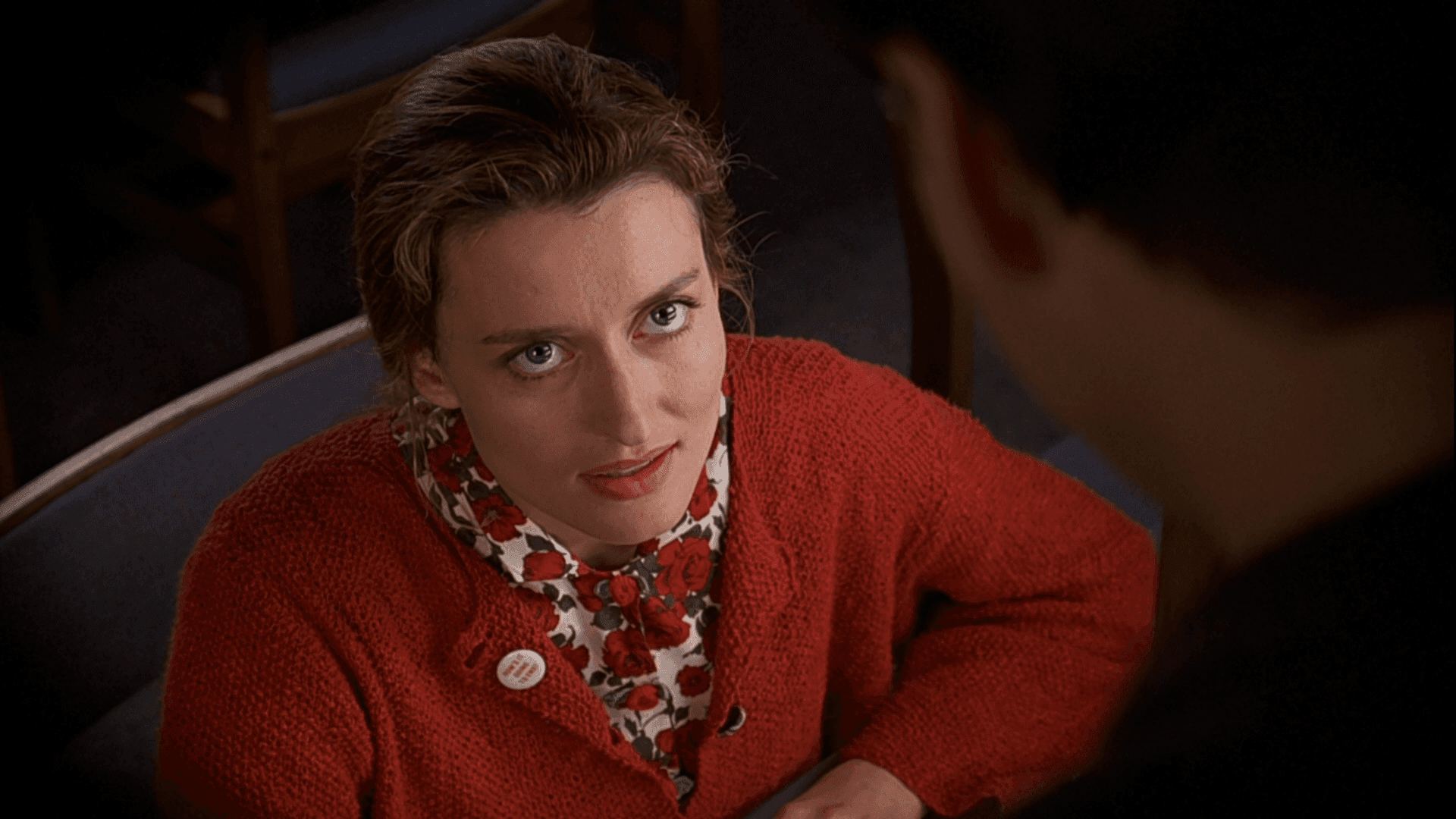

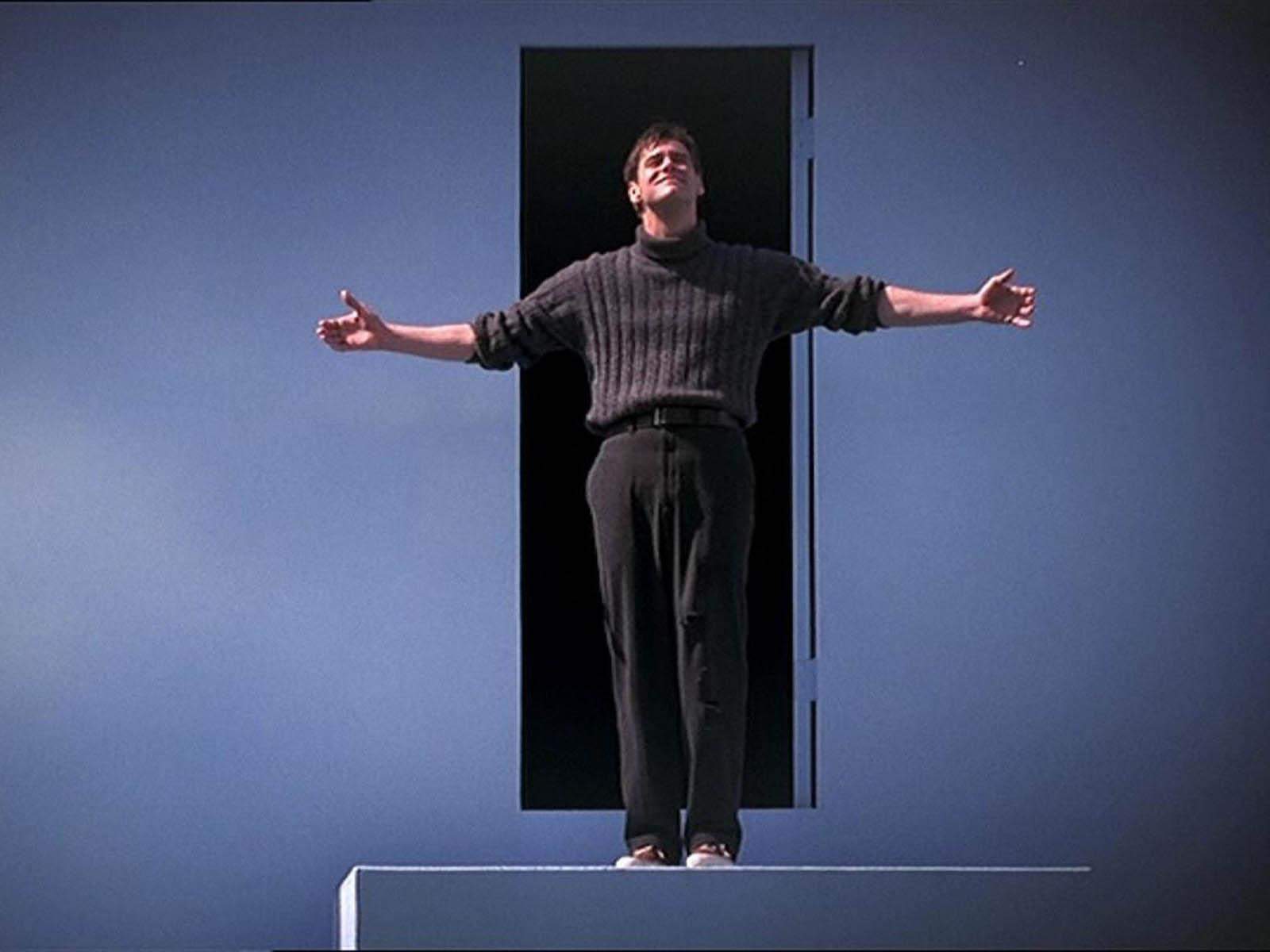
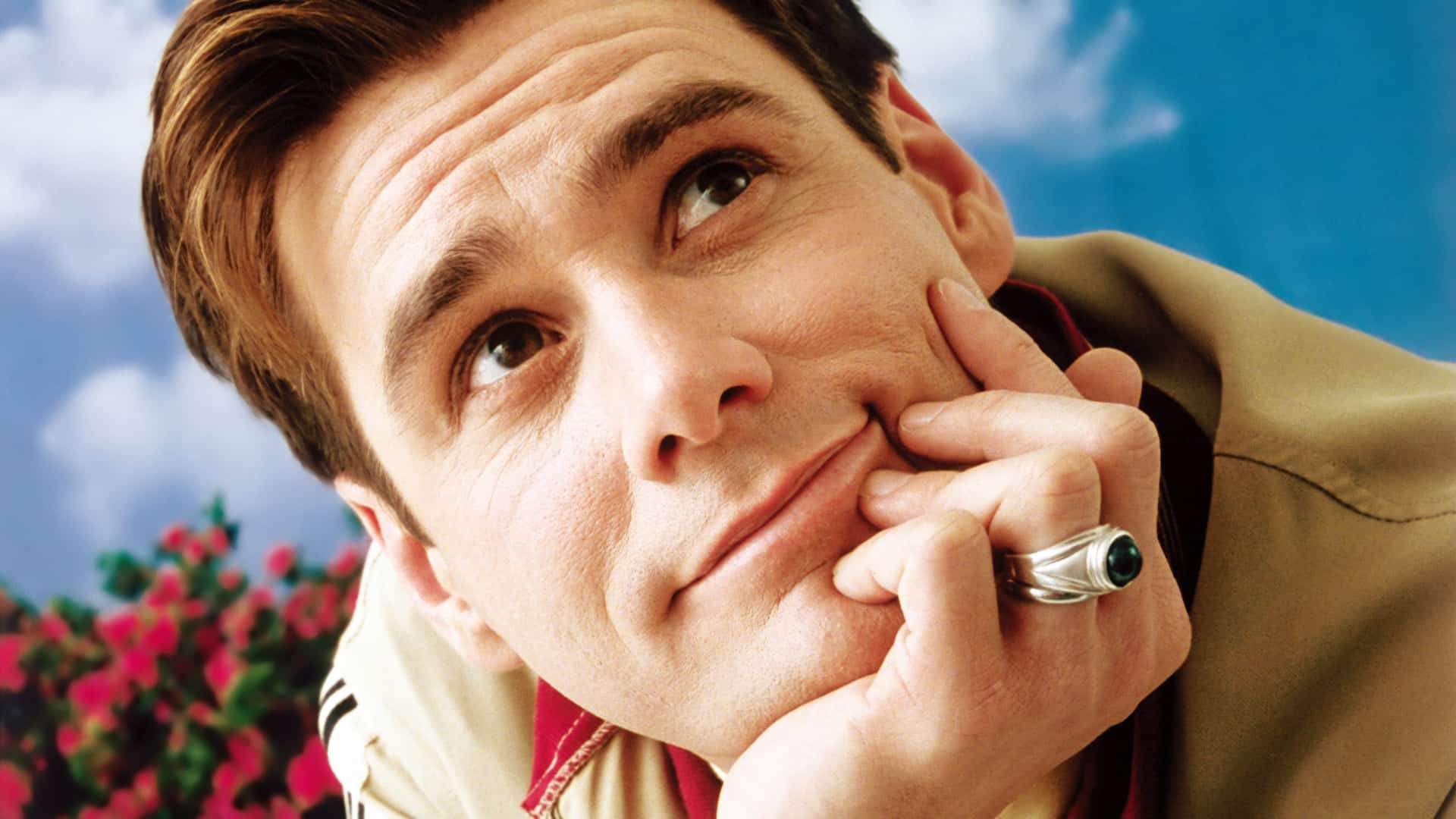

Featured Videos
Official Trailer
Comments
Loading comments...